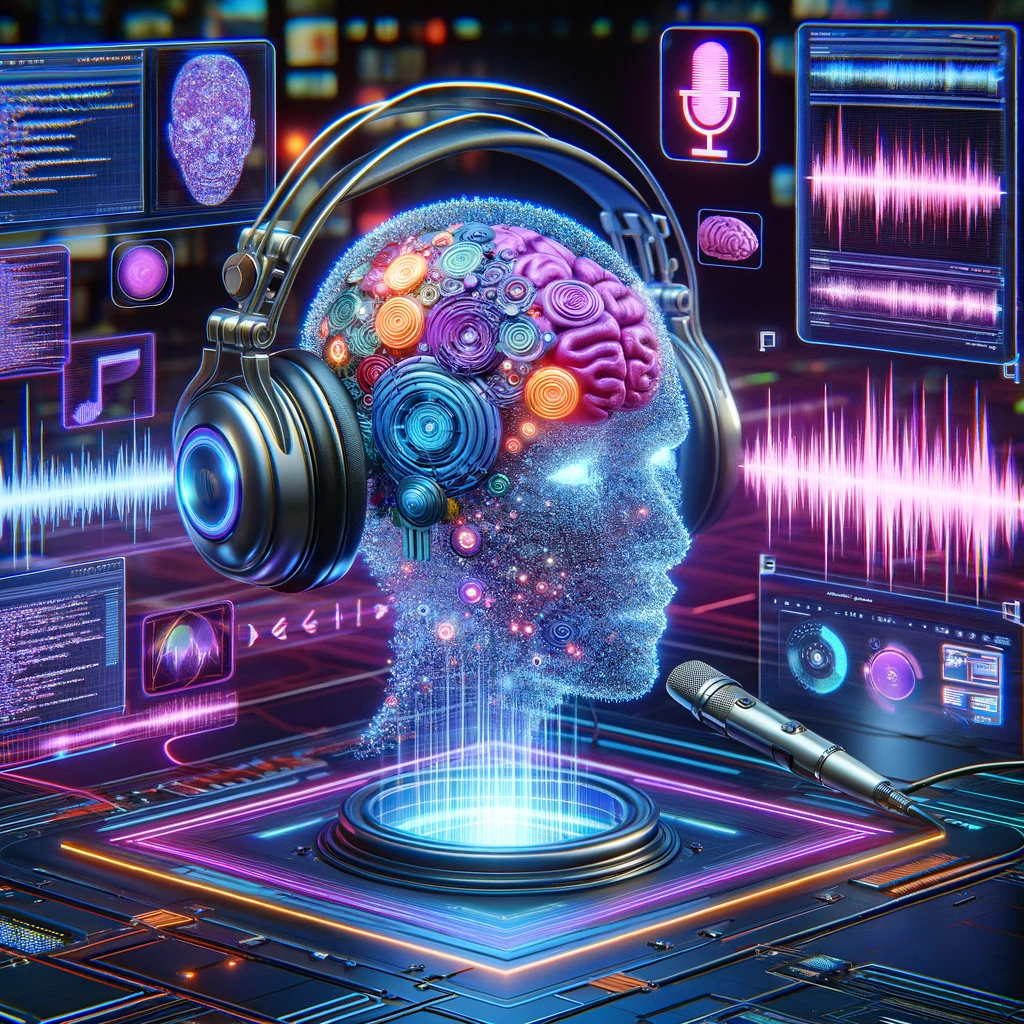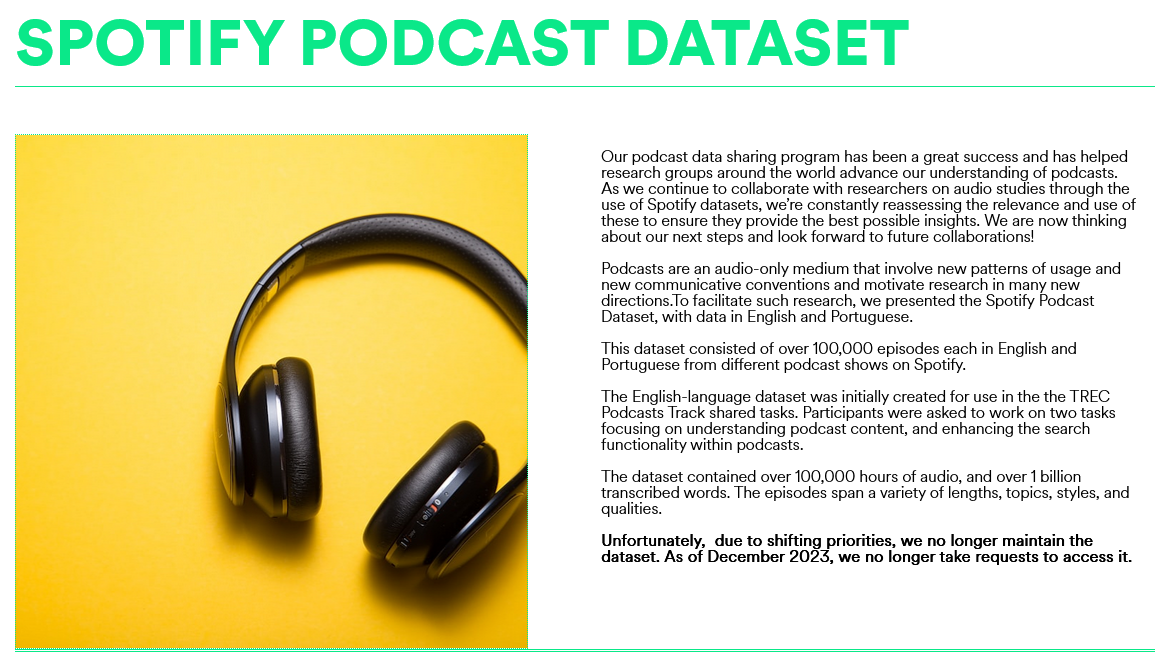A few weeks ago, Apple announced a new feature—currently in beta and not available for every language—that will improve the podcast landscape: transcriptions on Apple Podcasts. Let’s look at this new feature and see how it can be both a valuable asset and a challenge for audio professionals.
The Benefits of Podcast Transcription
Transcripts are no longer optional niceties but essential tools for content reach and audience inclusivity:
- Empowered Accessibility: Transcripts break down barriers for those with hearing disabilities and cater to those who absorb content better visually.
- Improved Searchability: They turn spoken words into searchable text, magnifying your podcast’s online presence and discoverability.
- Better Navigation: Listeners can leap directly to interest segments, enriching user experience and content interaction.
- Expansive Audience Engagement: The feature supports multiple languages, dismantling linguistic barriers and welcoming a diverse international audience.
Podcast Transcription: how does it work?
When a podcast goes live, Apple’s automated transcription kicks in. Every word spoken becomes a written record, searchable and selectable. Listeners can initiate playback from a word of choice. For those who follow along with the audio, the transcript highlights each word as it’s spoken, creating an immersive reading-listening hybrid experience.

Choice in Customization
Apple Podcasts recognizes each podcast’s unique style, allowing creators to personalize their transcriptions. This bespoke option via Apple Podcasts Connect will enable podcasters to maintain their unique voice and ensure the accuracy of their content.
Podcast Transcription and Intellectual Property
While transcriptions fuel content accessibility, they may also feed Apple’s AI algorithms, giving the company an edge over the competition.
Transcriptions are a gray area, and the heart of the matter lies in intellectual property rights, the cornerstone of creative work. This poses pressing questions:
- Potential Overreach: Does the feature of transcribing content overstep the boundaries of content ownership?
- Fair Use and Monetization: Could accessing podcast creators’ data be considered fair use as AI learns from their work? Will publishers be compensated? All of them? How? How much?
- Brand Integrity: With AI’s ability to replicate and potentially distort the podcast’s voice, how can publishers safeguard their uniqueness and brand integrity?
Spotify as a Pioneer in Podcast Transcription
Spotify has long used podcast transcription on its platform and has even shared it with others for (mostly) research purposes. The Spotify Dataset contained over 100,000 hours of audio and over 1 billion transcribed words from over 100,000 episodes each in English and Portuguese from different podcast shows. The episodes span a variety of lengths, topics, styles, and qualities. In other words, it is a fantastic dataset!

Knowing how focused the company is on data and how vital their recommender is to their success, it’s a fair assumption (and one we are taking) that the dataset has also been used to train their models.
Are Podcast Transcriptions Training Apple’s AI models?
With each transcript added, the question lingers: Does this empower content creators, or does it provide Apple with an arsenal of data to hone its AI capabilities?
The implications for media publishers are vast. As AI’s footprint expands, so does the need for vigilant monitoring and stringent protections. Digital rights management becomes a precaution and a necessity to combat potential misuse and maintain control over content distribution.
As this article from The Verge highlights, companies like Open AI have exhausted all the “obvious” data sources a long time ago and are now transcribing podcasts, videos, and whatever they could get their hands or crawlers on.
A Significant Change for Audio Publishers?
Transcriptions on Apple Podcasts herald a new age for digital content: more accessible and discoverable. Yet, they simultaneously open a debate on the ethics and economics of AI in the realm of intellectual property. The conversation is just beginning on how to navigate this new landscape, where innovation intersects with the rights of creators and the definition of fair use, given the open nature of podcasting.
Every week comes a new announcement of either a legal battle (New York Times) or a monetary agreement (Le Monde, Axel Springer) between print media publishers and AI companies.
Knowing the richness of radio and audio content, one can only wonder how far companies like Open AI will go to access it to train their LLM.
Time for the Audio Industry to regroup?
The balance between embracing a new feature and protecting the value of original content is delicate and deserves, first and foremost, awareness of the real implications of the feature.
Given the specific nature and diversity of publishers’ types and sizes in the podcasting ecosystem, a joint position on the topic is unlikely to prevail.
It could, however, be an opportunity for leading publishers to get together and defend their stand.
